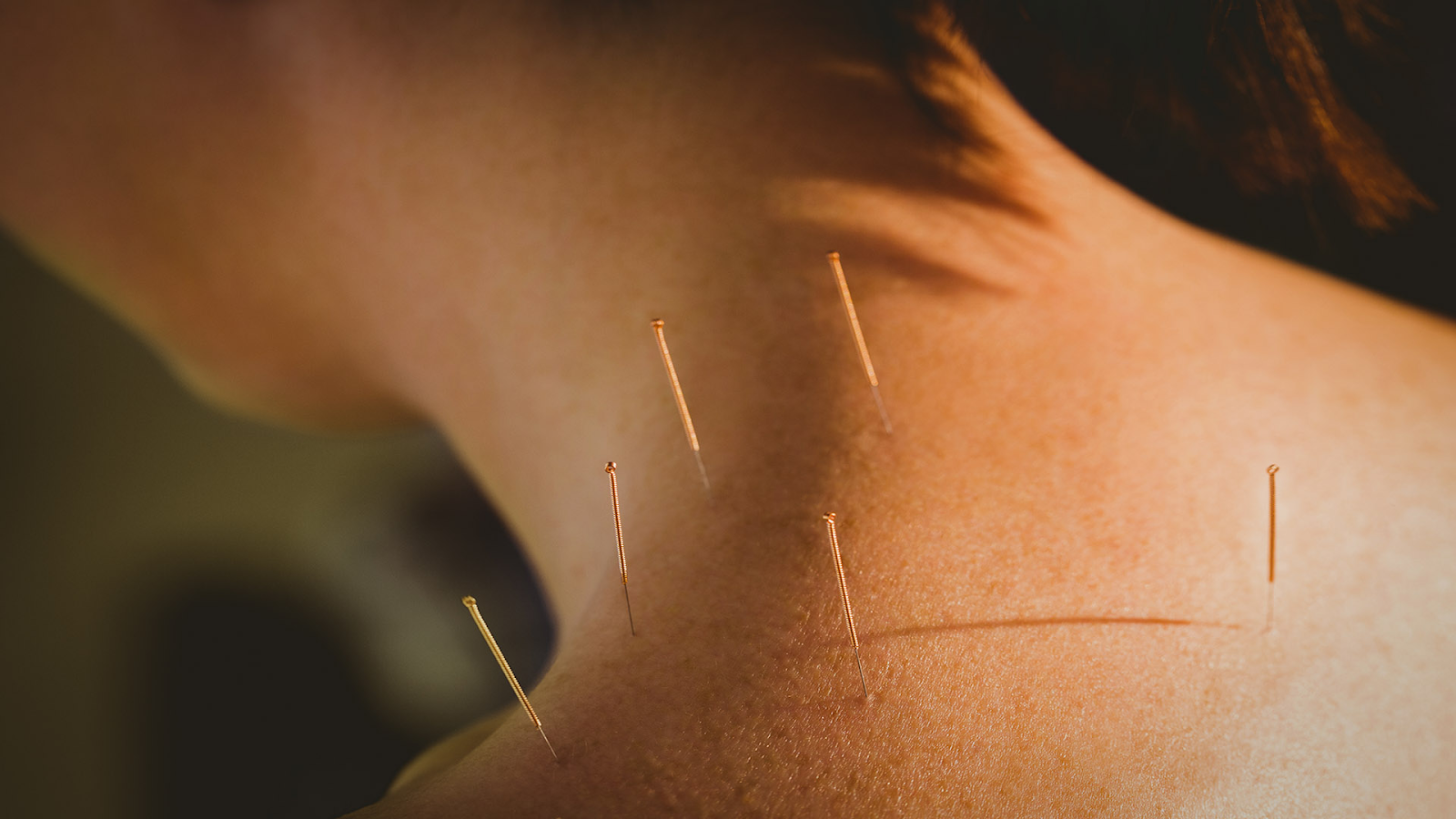Discover Your Perfect Healer Today!
Our online practitioner directory connects you with a wide range of healers to suit your unique needs.
Easily search and find the right professional to support your wellness journey.
Start exploring today to find your perfect match.
Modality
Disease
Books
Products
Events
Training
Blogs
Ayurveda
The 80/20 Rule: An Ayurvedic Perspective
Ayurveda is a traditional healing system that is concerned with health as balance. This system works by using natural therapies and dietary adjustments to match ...
Read More → Written by
Michael Johnson
Meditation
How Long Should You Meditate? A Guide to Mindful Living
Have you ever thought about how long you need to meditate to receive the most benefits? Meditation is a widely practiced activity all over the ...
Read More → Written by
John Smith
Energy Specialist
Holistic Health: Understanding the Role of Energy Specialists
Energy professionals are crucial to holistic health because their practices balance and enhance the flow of energy within the body. This new wave of energy ...
Read More → Written by
David Brown
Acupuncture
Discover How Acupuncture Detoxes Your Body
The ancient Chinese healing method known as Acupuncture has been gaining recognition in the Western sphere. Many acupuncture enthusiasts claim that this particular treatment can ...
Read More → Written by
David Brown
Occupational Therapist
Breaking Down the Financial Investment in Occupational Therapy
Occupational therapy (OT) plays a great role in being able to make someone become independent again and to live a quality life. However, many ask ...
Read More → Written by
James Williams
Aesthetician
Debunking Myths and Misconceptions About Aestheticians
Aestheticians have been considered to play an enormous role in skin care, and there is so much misconception going around about their profession. Those supposing ...
Read More → Written by
James Williams






